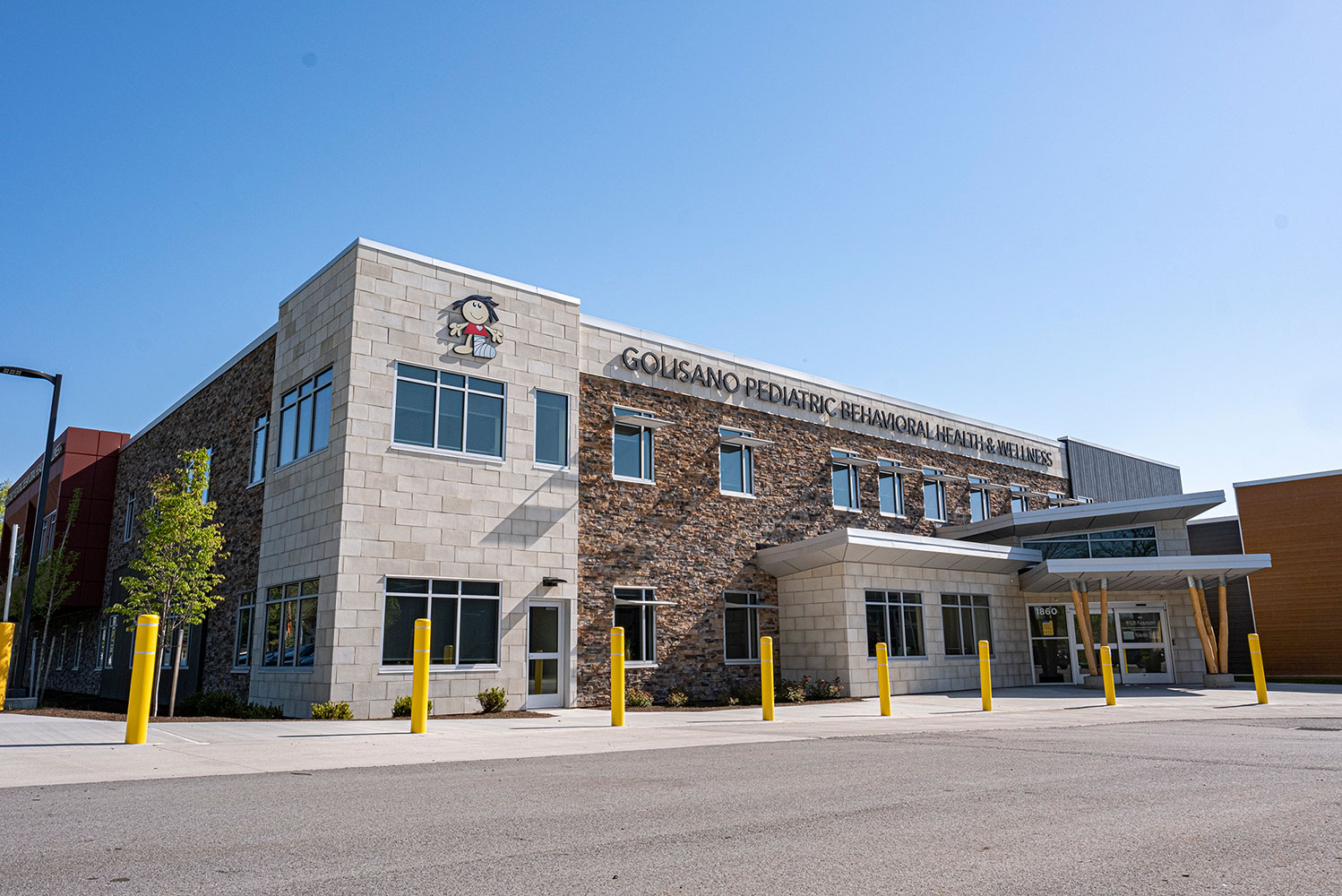Child and Adolescent Partial Hospitalization Service (CAPHS)
Rochester

Contact
Phone
Hours
Monday–Friday 7:30 a.m.−2:30 p.m.
Program hours are 7:30 a.m.–1 p.m. during summer and school breaks.
Overview
Our Child and Adolescent Partial Hospitalization Service (CAPHS) is the only program of its kind in the Upstate New York area. This pediatric partial hospitalization program serves as an alternative to psychiatric inpatient admissions or re-hospitalization for adolescents between the ages of 12 to 18 who do not require the security of a secure inpatient unit. It is also utilized for at-risk adolescents who are in need of a step-down from an inpatient psychiatric hospitalization. The program includes individual, group and family therapy, psychiatric evaluation and evaluation to determine if medication therapy could be appropriate.
We are a Certified Community Behavioral Health Clinic (CCBHC)—one of only a handful in the Rochester area—meaning we meet the highest standards of patient care as determined by the Department of Health and Human Services.
In addition, a school component is offered during the academic year. The program is 5-7 hours per week day.
Eligibility
The Child and Adolescent Partial Hospitalization Service is for patients 12 to 18 years of age who are:
- Able to demonstrate safe and cooperative behavior to benefit from this intensive treatment
- At risk for hospitalization
- In transition from an inpatient hospital stay
- Experiencing significant functional impairment at home, in school, or in the community, despite the efforts of current outpatient providers
Learn more about CAPHS at Golisano Children's Hospital.
Child and Adolescent Partial Hospitalization Service (CAPHS)Services
Children and adolescents in our program receive partial hospitalization services including:
- Approximately six hours of treatment, Monday through Friday
- Treatments such as:
- DBT skill building, activity therapy, milieu, and family therapies
- Psychiatric medication options
- Proactive and intensive treatment:
- When coupled with time spent at home on evenings and weekends, patients are able to practice skills in coping with their various stressors.
- Patients then return to program to discuss what is and is not working.
- This team approach allows patients and families to feel like partners in treatment rather than alone in their struggle.